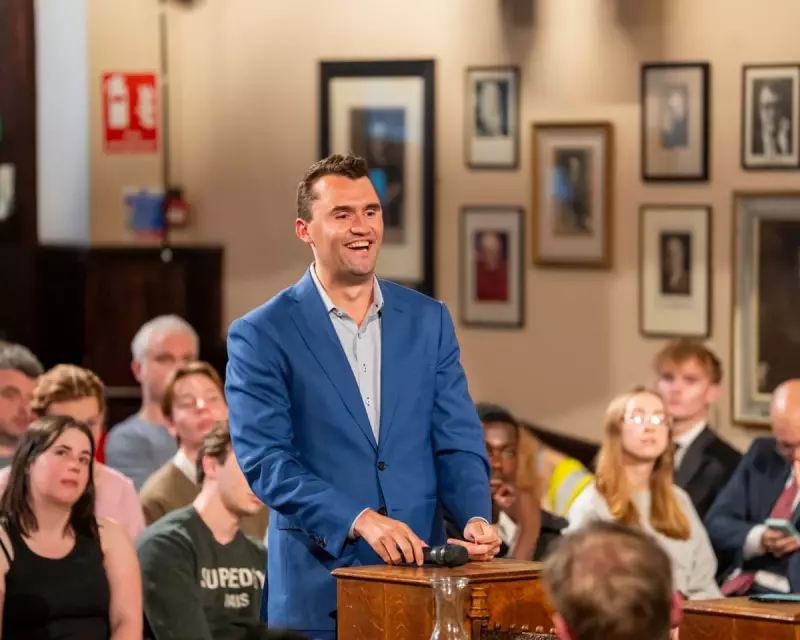
The digital landscape has become the latest battleground in a profound cultural debate, following a disturbing incident at a US event featuring right-wing commentator Charlie Kirk. The shooting, which left Kirk wounded, has triggered a torrent of online activity, morphing a violent act into a contentious and often grotesque meme cycle that questions the very fabric of online discourse.
Across platforms like X (formerly Twitter), TikTok, and Instagram, users have been disseminating and satirising footage of the event. This rapid memeification has split public opinion into two starkly opposed camps. One side condemns the response as a horrifying celebration of violence, while the other frames it as ironic political commentary and a form of digital pushback against inflammatory rhetoric.
The Heart of the Controversy: Free Speech or Harmful Incitement?
At the core of the uproar is a critical question: when does online speech cross the line from dark humour into genuine harm? Critics argue that the memes glorify a shooting and create a desensitised environment where real-world violence is trivialised for clicks and shares. They point to the potential for such content to incite further aggression and traumatise those affected.
Conversely, defenders of the trend posit that it represents a form of modern protest. They view the memes not as an endorsement of violence, but as a satirical tool to critique public figures whose own words, they believe, contribute to a toxic political climate. This digital backlash, they claim, is the voice of a generation that fights absurdity with absurdity.
A Mirror to Our Digital Society
This incident acts as a powerful mirror, reflecting the complex and often troubling state of internet culture. It highlights the breathtaking speed at which real-world trauma can be co-opted, repackaged, and disseminated for entertainment or political point-scoring. The episode underscores the challenges platforms face in moderating such content, which often exists in a grey area between satire and harassment.
Experts suggest this phenomenon is a symptom of a deeper digital malaise—one where engagement and virality are prized above empathy and factual discourse. The Kirk shooting memes are not an isolated event but part of a growing pattern where tragedy and comedy collide online with unsettling frequency.
As the lines between the physical and digital worlds continue to blur, this event serves as a stark reminder of the power and perils of online expression. The conversation it has sparked about responsibility, satire, and the limits of free speech in the UK and internationally is likely to resonate for a long time to come.





